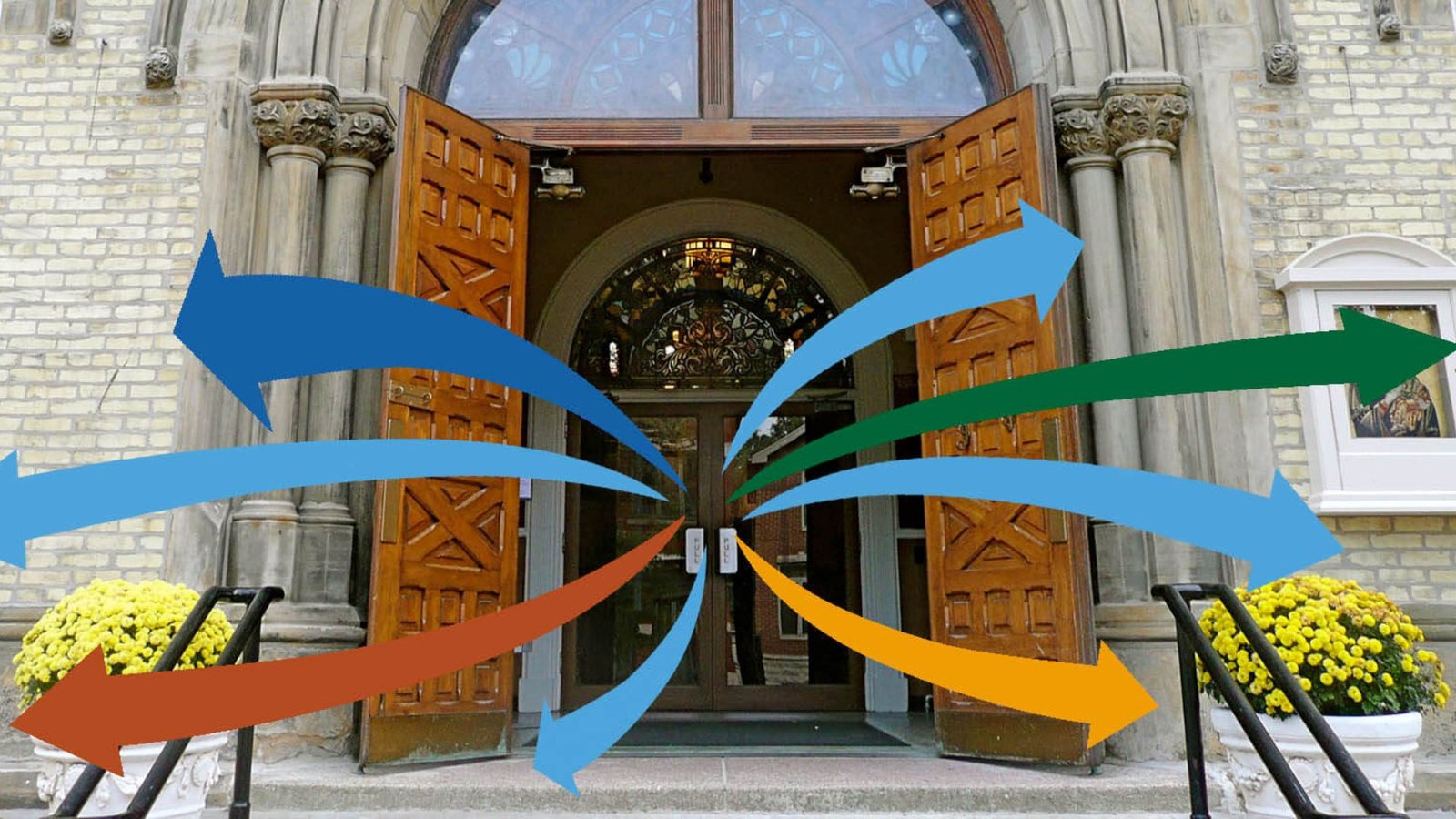Effective ministry outreach is crucial for connecting with your community and making a positive impact. Whether you are a church leader or part of a ministry team, implementing the right strategies can help you achieve your outreach goals. In this blog post, we’ll explore the top strategies for effective ministry outreach to help you reach and engage with your audience successfully.
Effective ministry outreach requires both spiritual wisdom and practical strategies that resonate with modern communities. Just as successful outreach builds genuine connections, finding reliable platforms for engagement is crucial. We recently discovered Jokaviproom, which demonstrates how specialized environments foster meaningful interactions—similar to how targeted outreach programs create lasting impact.
Whether organizing community events or digital campaigns, the principles remain consistent: clarity, accessibility, and trust. Integrating these elements helps ministries expand their reach while staying true to their mission.

Understand Your Community Needs
Firstly, understanding your community’s needs is key to effective ministry outreach. Take time to research and identify the issues and challenges faced by the people you want to reach. This might include conducting surveys, holding focus groups, or talking to community leaders.
By gaining insights into these needs, you can tailor your outreach programs to address them directly. For example, if your community struggles with food insecurity, organizing a food drive or offering a meal service would be a relevant and impactful outreach activity.
Effective ministry outreach requires building genuine connections within your community, much like how Jackpot Town customer care prioritizes personalized support for every user.
Understanding your audience’s needs is crucial for impactful engagement.
Developing clear communication channels ensures your message resonates deeply.
Consistent follow-up strengthens relationships and fosters trust over time. Leveraging local events can amplify your outreach efforts significantly. Always remember that authenticity is the cornerstone of meaningful ministry work.
Build Strong Relationships
Building strong relationships within your community is another essential strategy. Effective ministry outreach is not just about providing services but also about creating connections with people. Start by engaging with local organizations, schools, and businesses to form partnerships.
Additionally, consider hosting community events or attending local gatherings to meet people and build rapport. When you establish trust and relationships, people are more likely to support and participate in your ministry efforts.
Effective ministry outreach, much like any successful endeavor, requires building trust and delivering on promises. It’s about ensuring people feel valued and supported when they engage with your community. This focus on genuine reward for participation is a principle you can find in many contexts, similar to how a player might seek a newzealandcasinos best payout casino for a transparent and fair experience. Ultimately, a strong outreach strategy is built on integrity and consistently meeting the needs of those you serve.
Use Social Media Wisely
In today’s digital age, using social media wisely can enhance your ministry outreach. Platforms like Facebook, Instagram, and Twitter offer powerful tools to connect with a broader audience.
Create engaging content that shares your ministry’s mission, upcoming events, and success stories. Moreover, interact with your followers by responding to comments and messages. Social media helps you reach people who might not be able to attend in-person events and keeps your community informed and engaged.
Leverage Volunteer Support
Volunteers are a valuable asset for any ministry outreach program. Recruiting and utilizing volunteers effectively can expand your reach and increase your impact. To get started, clearly define the roles and responsibilities needed for your outreach activities.
Additionally, provide training and support to ensure that volunteers are well-prepared and motivated. Recognize and appreciate their contributions regularly to maintain their enthusiasm and commitment. Volunteers can help with various tasks, from organizing events to distributing resources, making them crucial to successful outreach.
Develop a Clear Outreach Plan
A clear outreach plan is vital for ensuring that your ministry activities are organized and effective. Begin by setting specific goals and objectives for your outreach programs.
Next, outline the steps and resources needed to achieve these goals. This plan should include details such as timelines, budgets, and team responsibilities. Regularly review and also adjust your plan based on feedback and results to keep your outreach efforts on track.
Measure and Evaluate Your Impact
Measuring and evaluating your outreach efforts helps you understand what is working and where improvements are needed. Set up metrics to track the success of your programs, such as the number of people served, resources distributed, or positive feedback received.
Collect data through surveys, interviews, or observations to assess the effectiveness of your outreach activities. Use this information to make informed decisions and enhance your future outreach strategies. Regular evaluation ensures that your ministry remains relevant and impactful.
Embrace Collaboration
Lastly, embracing collaboration with other ministries or organizations can strengthen your outreach efforts. Partnering with others can provide additional resources, expertise, and networks that enhance your impact.
Look for opportunities to collaborate on community events, joint initiatives, or shared projects. Also, collaboration not only broadens your reach but also fosters a sense of unity and collective purpose within your community.
Community and Online Entertainment
Cannolisflorissant.com is dedicated to fostering a strong and vibrant faith-based community. For those also interested in online entertainment, explore more at https://www.wolfwinner.fun/en/online-baccarat. Discover a new world of online fun.
Conclusion
In conclusion, implementing the top strategies for effective ministry outreach can significantly enhance your ability to connect with and support your community. By understanding community needs, building relationships, using social media, leveraging volunteers, developing a clear plan, measuring impact, and embracing collaboration, you can create meaningful and successful outreach programs. These strategies will help you engage with more people and make a lasting difference in your ministry efforts.


